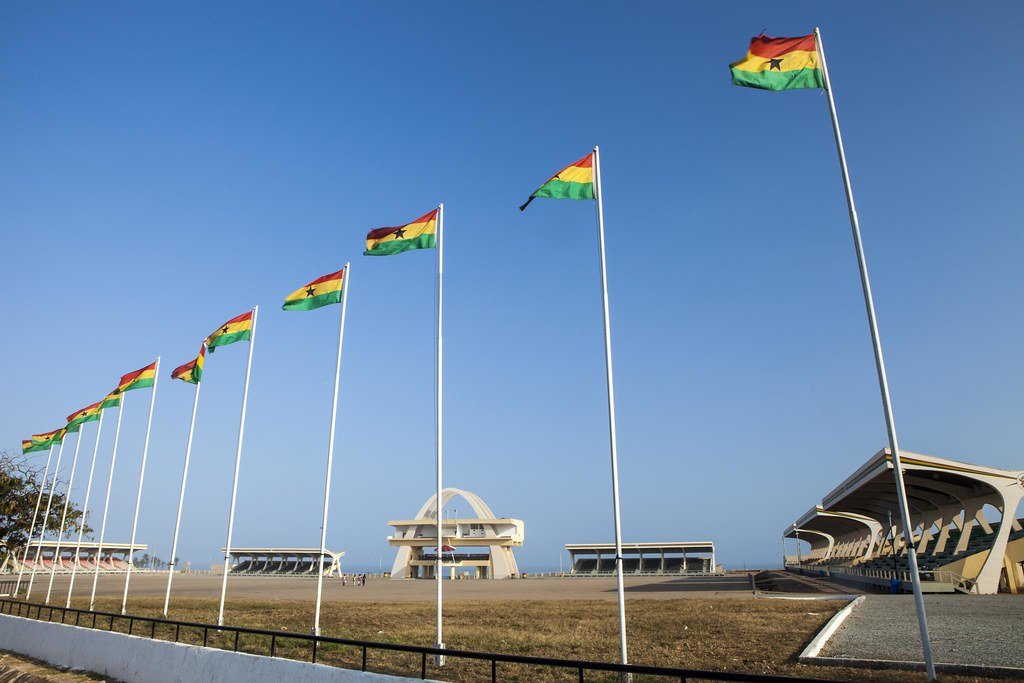Ghana is a developing nation that is steadily rising to become a developed one, shortly. Mother Ghana has developed since the inception of its independence. Undoubtedly, Ghana is one of Africa’s booming economies which is also the gateway to Africa as it is popularly said.
However, one of the major problems, confronting the development of this country, is the poor attitude of the government and its citizenry towards the rehabilitation, and maintenance of its structures and facilities.
The attitude toward rehabilitation and maintenance, among Ghanaians is awful. This bad attitude is apparent, not only among those exercising governmental or political powers but also among the ordinary man on the street. It is very off-putting, upon entering some premises in this country, to see that repairs and maintenance are absent in the minds of those in charge of such structures.
The majority of our police and military barracks have taken the form of hutches. Numerous school buildings are like cattle ranches, and some of our constructed roads, breed nerve-racking potholes. A number of our law courts are no less different from slums for squatters. The premises of most of our government buildings and structures, including ministries, departments, corporations, bungalows, flats, hospitals, and state houses are horrifying.
A reasonable number of our market centres are comparable to refuse dumps. The various public toilet facilities in this country are very sickening. Ironically, human beings are occupying or plying all these premises and structures. To make matters worse, somebody, or a body, has been entrusted with these assets. We are always waiting for the government (which, as a matter of fact, includes us) to carry out such repair work.
The growth and development initiatives of this nation are not progressing as expected, because of our poor culture of maintenance. Ghanaians seem to be interested, since independence, in only erecting new structures and facilities (sometimes, to score cheap political points), to the total neglect of rehabilitating and maintaining the existing facilities.
What is worse is that even after bringing the new projects into being, little or no effort is made to enhance their projected useful lifespan. The government and the citizenry are blameworthy. The government usually rehabilitates its official buildings and premises, only when such structures or premises stand the danger of risking the life of human beings, or when an august ceremony is about to be held.
The citizenry, especially those occupying government buildings or premises, make very few attempts (if any) to keep such facilities in a proper state. Sometimes, the mere painting of these structures becomes a headache. We most often wait for a disaster to strike, or a sensitive ceremony to materialize before we act rightfully.
Regrettably, much more resources (needless to say) are injected into such projects, which would not have been so, if rehabilitation and maintenance were observed periodically. Not only does the premature replacement increase operational cost, but it also wastes our limited resources. Shamefully, these projects are sometimes financed with assistance from external sources, in the form of loans, grants, and or partnership agreements.
The government, therefore, spends huge sums of money on the renovation of these structures, instead of using the money for new projects. Hospitals, rail lines, schools, and the ilk are often rehabilitated at considerable cost to individual communities, or the central government. Preventable deterioration of infrastructural assets and their subsequent repairs, drain our scarce national resources.
Ministry of Information and National Orientation, and all the stakeholders in this country, should embark on a massive public education, to inculcate the maintenance culture and preservation in the public, to prolong the useful lifespan of all our structures and facilities.
Government and state-owned properties must be treated as if they were one’s private property, for they belong to all the people and are held in trust by the government for all Ghanaians. Ministers and Parliamentarians and those in positions of authority should set the example and use government property lawfully, appropriately, and efficiently.


Our attitude towards maintaining government property in Ghana is very abhorring. Often times we wait until something tragic happens before we respond. Ama Ghana!!!
We as citizens also have to be blamed for most of our predicaments. Sometimes we leave government properties to spoil and often passed derogatory comments and others emulate us because some see us as role models. It is indeed true that politicians are a cause of our underdevelopment but we the citizens also need to change our attitude. It is very sad as a country.
From leadership to the ordinary citizens our attitude towards maintenance in the country is very appalling. We need education but who is going to do the education since the leaders do it themselves.
Hmm, Ghana. The problems of this country seem not to be ending ooo. Citizens complain bitterly about leadership but some of the woes of this country are cos of the citizens. Ghana is a Christian country but some of the things that go on here even an atheist or a secular country won’t do them. Some people blatantly spoil state property and claim that it is state property so the government will do them. Ghanaians need to change their attitude.